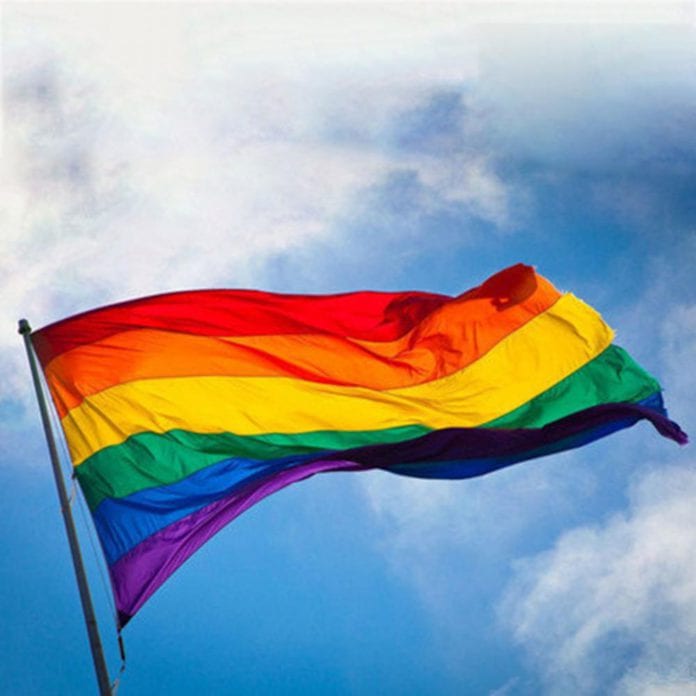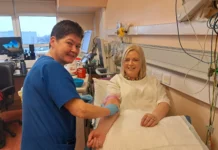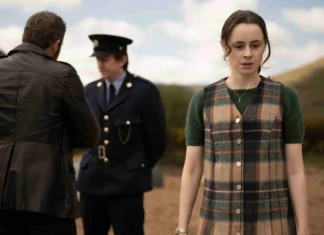Lesbian and gay teenagers are twice as likely to engage in volunteer work as heterosexual teens, research by academics at NUI Galway has revealed.
The findings are part of studies by the Health Behaviour in School-aged Children (HBSC) Ireland team, based in the Health Promotion Research Centre at the University.
Of the 3,354 young people participating in the study, 3% reported being attracted to the same sex, while 6.3% said that they are attracted to both boys and girls.
A report on the study – Connected, Respected, and Contributing to Their World: The Case of Sexual Minority and Non-Minority Young People in Ireland – revealed that bisexual youth were more likely than the other groups to be discriminated based on their age and gender.
It also found that bisexual youth were less likely than their heterosexual peers to report high family support or having a caring adult whom they can trust and that they were half as likely to feel that they are valued and respected.
Bisexual young people were also less likely to report that they feel comfortable while being with their friends.
Analysis also showed that lesbian and gay young people were almost twice as likely to report often taking part in volunteering work.
“Not surprisingly, sexual minority adolescents were more likely to feel discriminated against based on their sexual orientation,” said Dr András Költő of NUI Galway’s Health Promotion Research Centre and lead author of the report.
“They were also more likely to report discrimination based on their age and gender.
“However, a positive finding is that lesbian and gay youth are almost twice as likely to be engaged in volunteer work.
“This an aspect of lesbian, gay and bisexual young people’s lives that Irish studies have not previously explored.”
Dr Költő said that lesbian and gay adolescents, probably because they have often faced discrimination and bullying, are often more aware of social inequalities and injustice than their non-minority peers and therefore may be driven to fight against injustice by volunteering.
“Other studies had shown that LGBT+ individuals often have compassion and empathy towards other minority groups – for example, people with immigrant background or living with a disability – and are ready to advocate for their interests,” added Dr Költő.
“LGBT+ communities often provide a safe haven and a source of support and care to them. It is important to make bisexual youth also feel welcome in LGBT+ communities and in society.”
The study compared findings across sex and social classes in the overall sample of 15 to 17-year-olds.
While a large majority of young people were not likely to report experiencing discrimination, girls were more likely to feel discriminated against based on their gender and age than boys.
Dr Elena Vaughan, contributing author of the report, added that this finding suggests that sexism is an ongoing concern among young people in Ireland.
“Further studies to investigate how and in what contexts this is experienced by girls and young women would be helpful in identifying and implementing policy measures to address this issue.”













